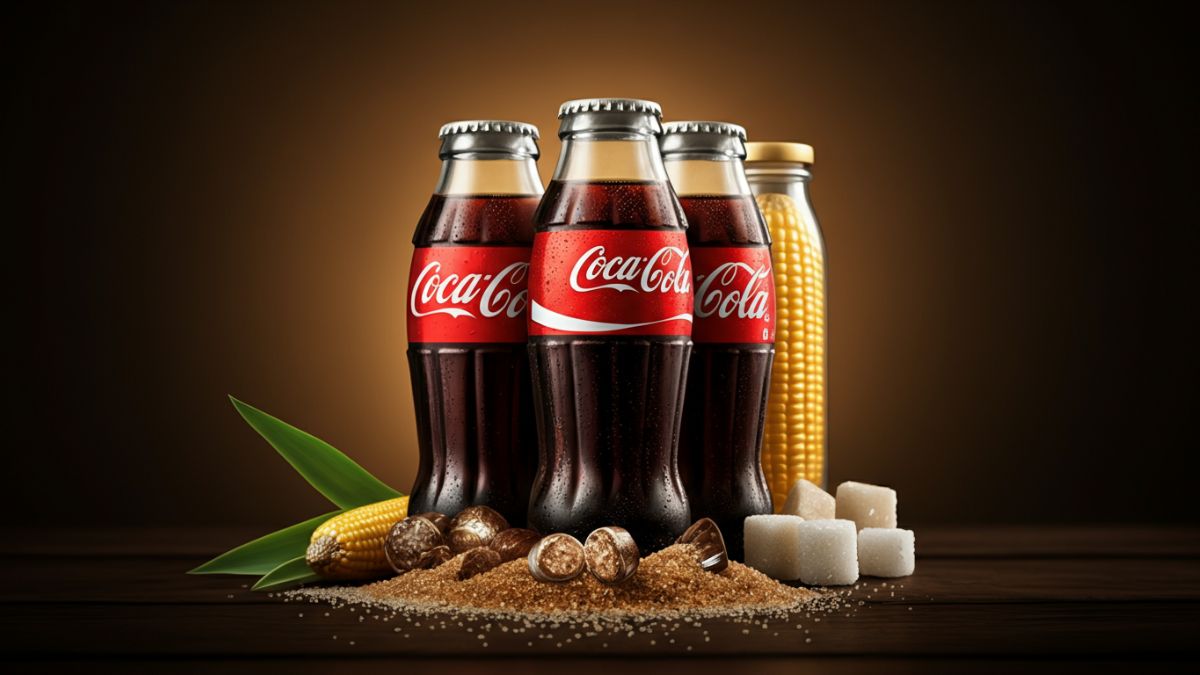Cane sugar vs High-Fructose corn syrup: Will Trump's push for replacement make it a healthier choice?

US President Donald Trump said that popular soda brand Coca-Cola had agreed to use cane sugar in its beverages in the country as part of the "Make America Healthy Again" (MAHA) social movement.
Health Secretary Robert F. Kennedy Jr. has been urging changes in ingredients used by the food and beverage industry, claiming the proposed substitutes are healthier.
Using cane sugar as its ingredient is not a new concept for the soda brand. The company already sells Coke made from cane sugar in other markets, including Mexico, and some US grocery stores carry glass bottles labeled 'Mexican' Coke, which is made from cane sugar.
Coca-Cola responded, saying, "More details on new innovative offerings within our Coca-Cola product range will be shared soon."
However, the development has got everyone talking and wondering which one would be better? Will the replacement of cane sugar instead of high-fructose corn syrup make it healthier?
Cane sugar, a natural byproduct of sugarcane, is processed to extract a liquid that is then refined to form sugar. Corn, too, is in the same plant family as sugarcane. Cane sugar consists of sucrose, which is half glucose and half fructose. High fructose corn syrup, on the other hand, is made from corn starch, which is processed to convert some glucose into free fructose, thus boosting sweetness.
Be it cane sugar or high fructose corn syrup, anything consumed in excess is always risky and can lead to weight gain, diabetes, and heart ailments.
In a fact sheet that was released in 2018, the US Food and Drug Administration (USFDA) said it was “not aware of any evidence” of a “difference in safety” between foods containing high-fructose corn syrup and those with other sweeteners, such as sugar and honey.
"High-fructose corn syrup isn’t all that different in complexion from the white sugar on your breakfast table. White sugar is 50% fructose and 50% glucose, while high-fructose corn syrup consists of 55% fructose and 42% glucose. And while regular corn syrup has less fructose than high-fructose corn syrup, one corn syrup is not 'healthier' than the other," said Lisa Young, PhD, RDN, an adjunct professor of nutrition at New York University, to USA TODAY.
" Meta-analyses of published studies suggest no significant difference in weight gain, body mass index (BMI), lipid profile, blood pressure, or blood sugar when consuming HFCS versus cane sugar, though HFCS showed slightly higher CRP (inflammation) in one pooled study. The bigger health issue remains total added sugar intake—both sweeteners contribute equally to obesity, diabetes, cardiovascular diseases, and dental decay. The bottom line is that while trading HFCS for cane sugar may feel healthier to some, there is no substantive health benefit, only added cost. The move appears motivated more by PR and consumer preference, not science or nutrition," said Dr Sudhir Kumar, Consultant at Apollo Hospitals, Jubilee Hills, Hyderabad.
Health